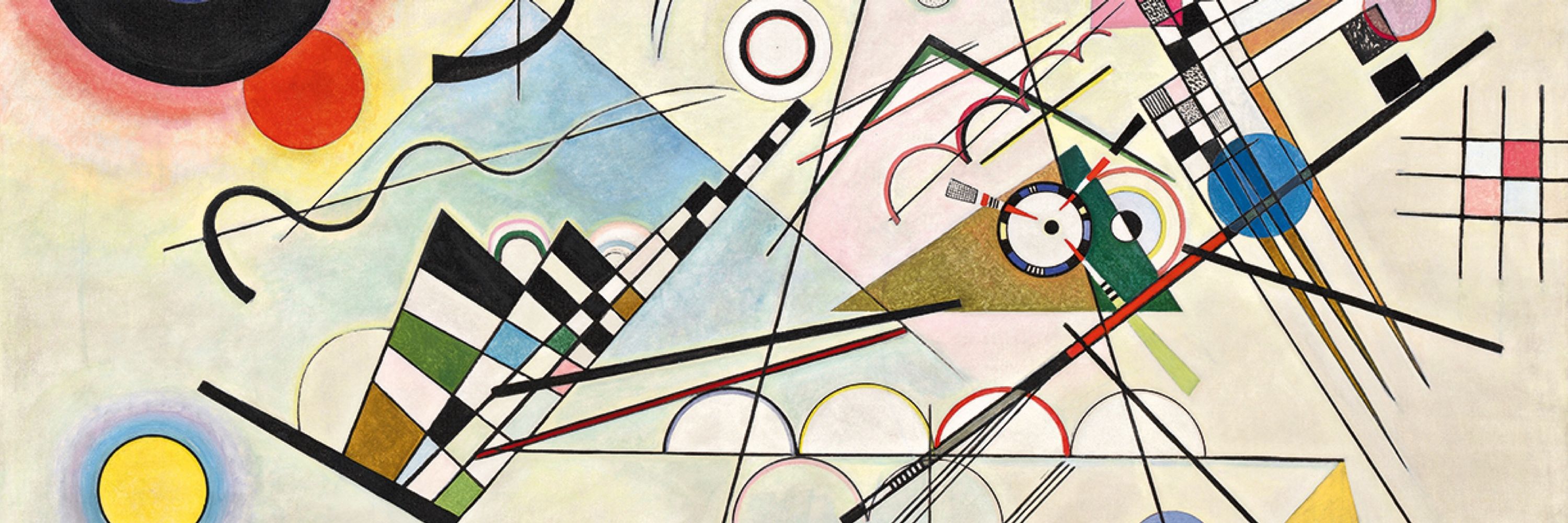
michaelgibilisco.com

























Twitterless Carlo Horz and I study the production of crime data and the implications of strategic misreporting for researchers and policymakers.

Twitterless Carlo Horz and I study the production of crime data and the implications of strategic misreporting for researchers and policymakers.



